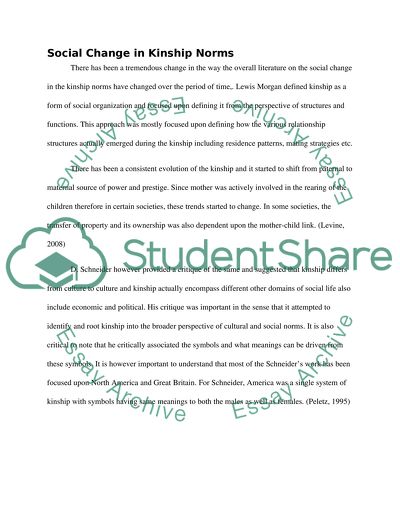Cite this document
(“Kinship and marriage from a cross-cultural perspective Essay”, n.d.)
Retrieved from https://studentshare.org/anthropology/1467971-kinship-and-marriage-from-a-cross-cultural-perspective
Retrieved from https://studentshare.org/anthropology/1467971-kinship-and-marriage-from-a-cross-cultural-perspective
(Kinship and Marriage from a Cross-Cultural Perspective Essay)
https://studentshare.org/anthropology/1467971-kinship-and-marriage-from-a-cross-cultural-perspective.
https://studentshare.org/anthropology/1467971-kinship-and-marriage-from-a-cross-cultural-perspective.
“Kinship and Marriage from a Cross-Cultural Perspective Essay”, n.d. https://studentshare.org/anthropology/1467971-kinship-and-marriage-from-a-cross-cultural-perspective.


